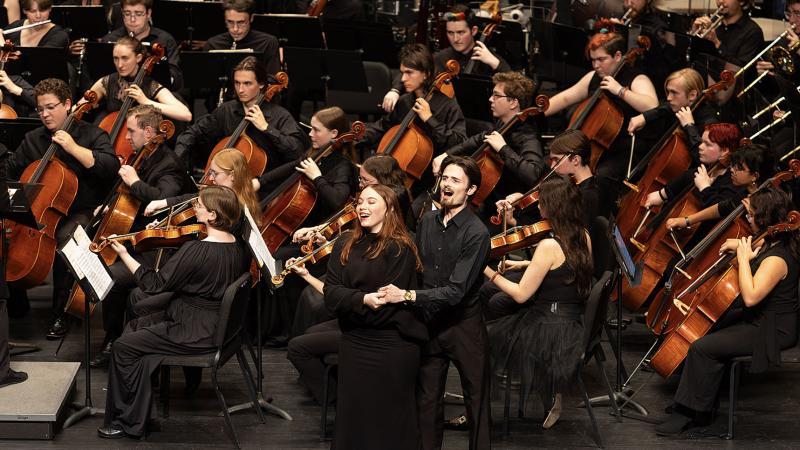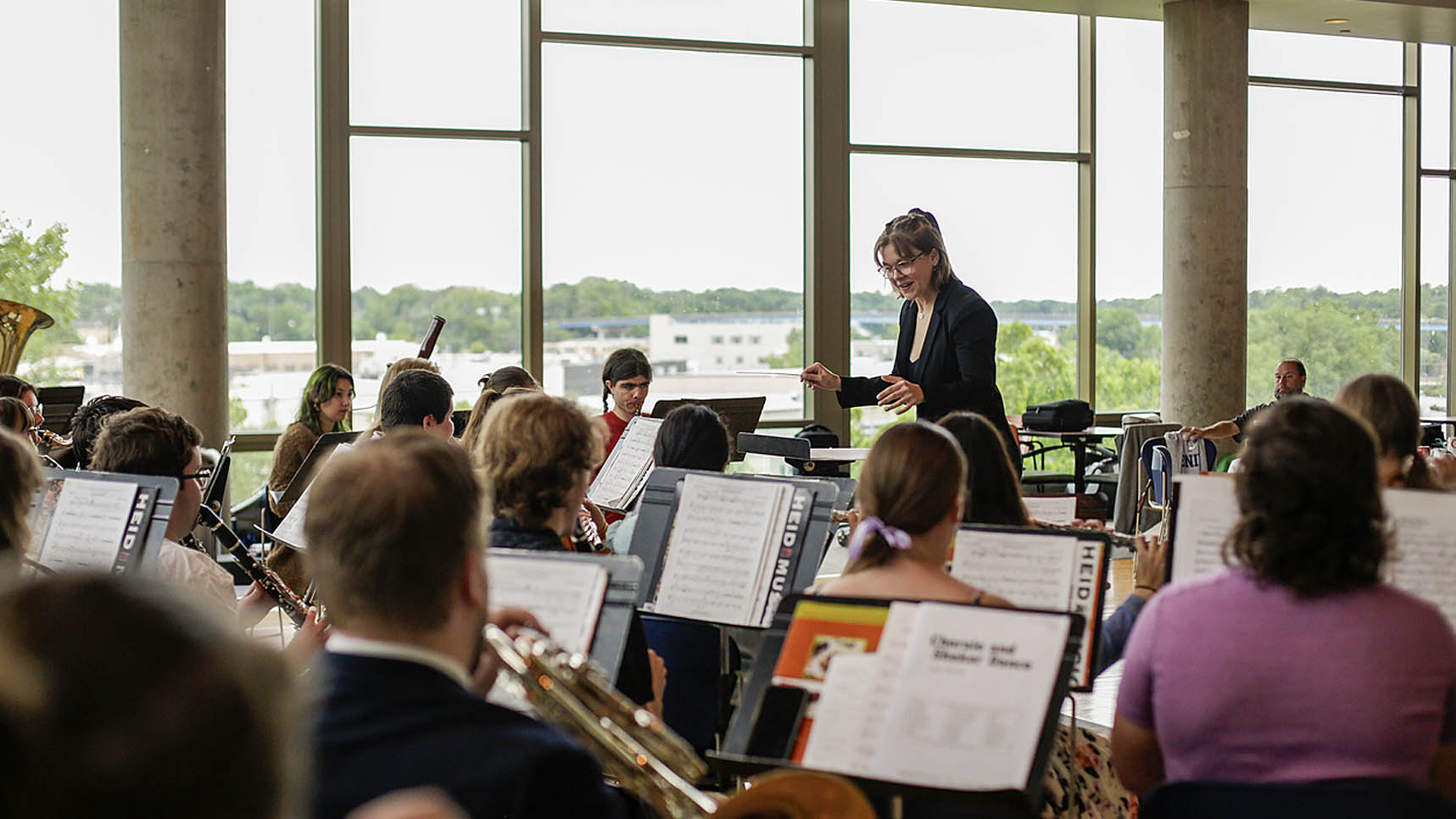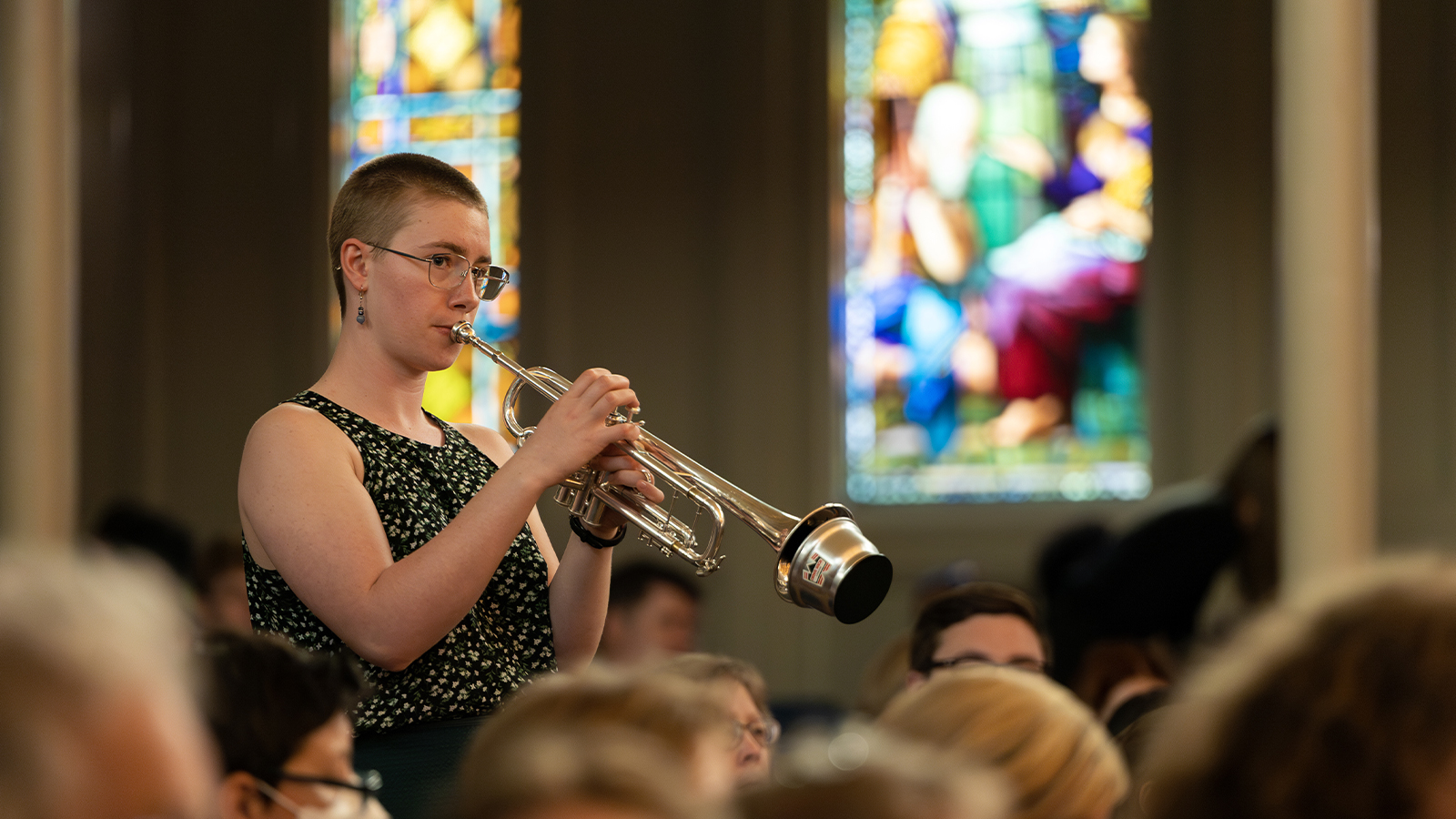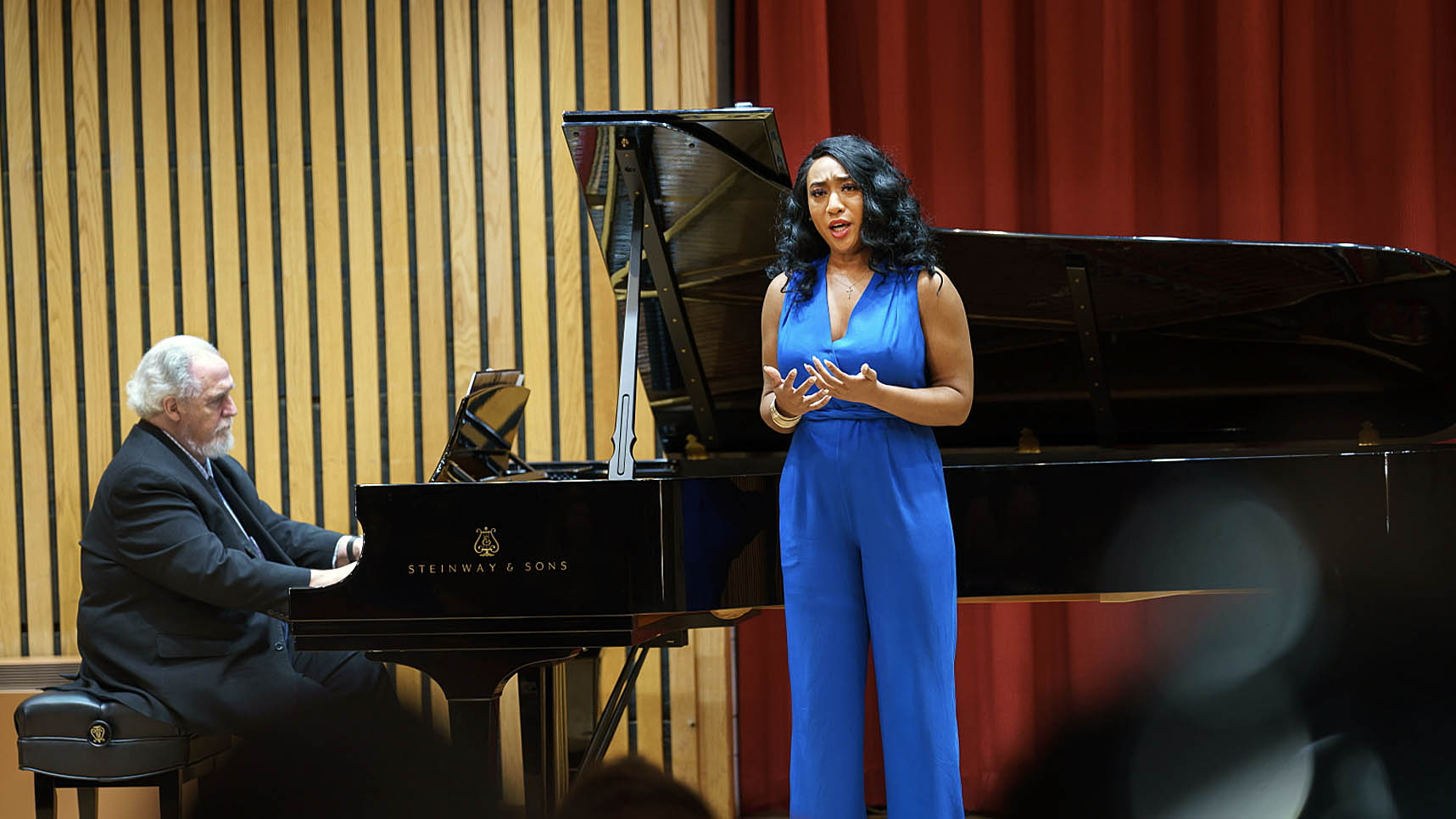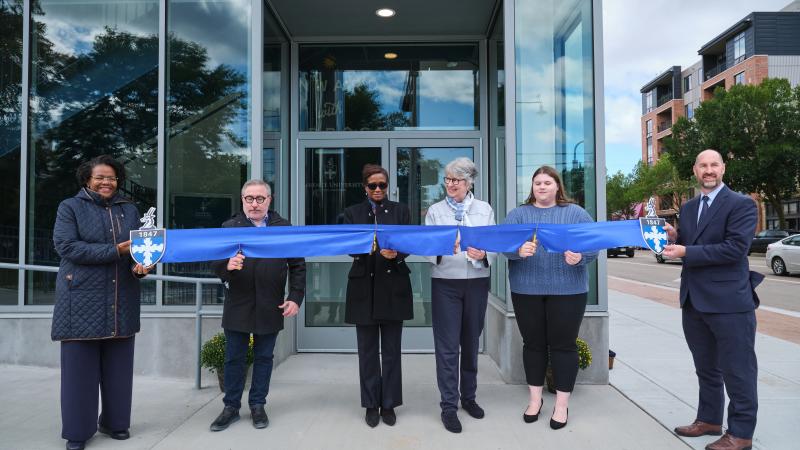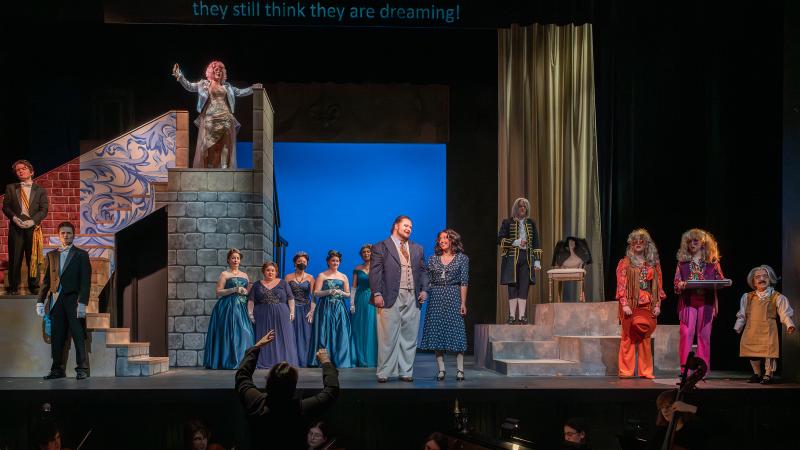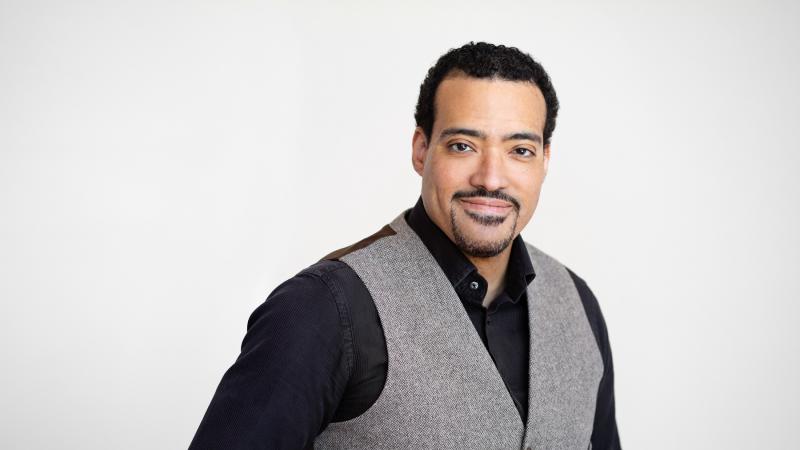Areas of Study
With four degree options and 28 areas of study, you will chart your own course through the Conservatory of Music.
The Conservatory Experience
Thrive as a student and excel as a musician. Prepare for the evolving world of music with a creative, adaptive approach.
Life After Lawrence
Conservatory students and alumni inspire us with their versatility, talent, and creativity. See how you too can prepare for a fulfilling life in the music world and shape the future of the industry.
